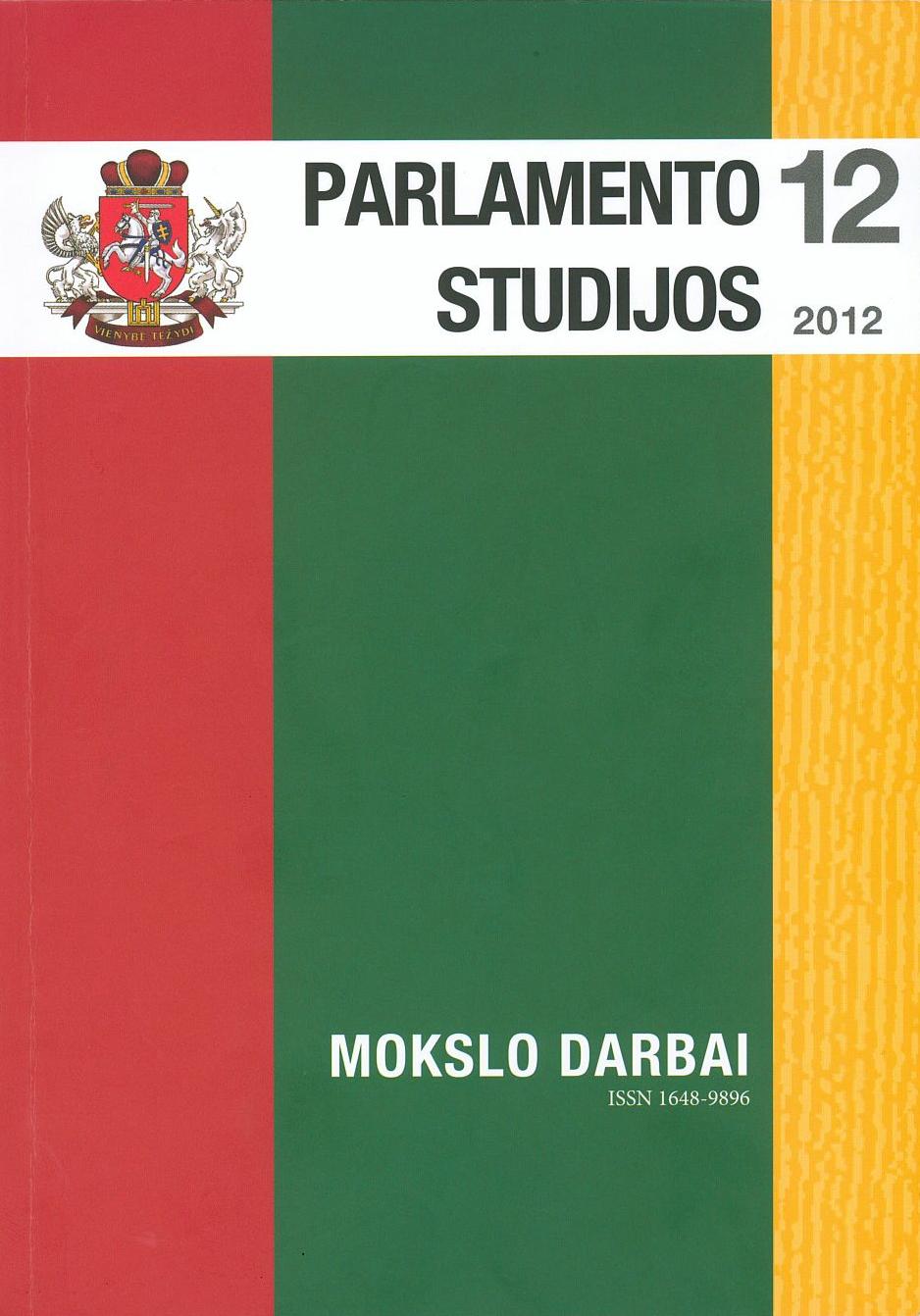Scientific Language Policy
DOI:
https://doi.org/10.51740/ps.vi12.282Keywords:
language policy, scientific language, language policy guidelines, strategyAbstract
After Lithuania had reached a new phase of history, both the political and economical and social life in the country has changed and the language, too, has entered a new stage of development. First of all, there was the concern about its status and then the Language Policy Guidelines were adopted to embrace the entire language policy that is structured on the basis of the globally established language policy planning technique. Today, we can already see some promise in preserving the national language in every sphere of life and the threats to the language of specific domains of public and state life have become more pronounced. Over twenty years, certain factors that determine the status and evolution of language have finally taken a clear shape.
Language planning theoreticians normally address scientific language policy on an international and national level. We usually distinguish four levels: the attitudes of European Union institutions towards preservation of national languages in a multilingual environment; the experiences and efforts of other countries to maintain science in their national language; the attitudes of the state and academic community of Lithuania; and the formation of an indirect language policy through baltistics centres.
The conclusions of the article go on to say that Lithuania must reach an equilibrium so as to conserve multilingualism in European science, making it possible to share new knowledge constructed by researchers who speak different languages in the most optimum way possible, because it is critical to have science develop at a brisk rate and to have Lithuania’s top scientists introduced to the world’s academic community. Strategies of the academic and scientific language policy should be established by every university. Since universities are autonomous by nature, there could be a system to motivate colleges to adopt reasonable, sensible policies that do not restrict the rights of national languages. Domains that do not possess a national medium for research should be encouraged through some system that would stimulate researchers’ interest to publish reviews in Lithuanian – that is the only way to preserve the Lithuanian terminology of those fields.








 The metadata of the scholarly journals and publications of the Lithuanian National Martynas Mažvydas Library is distributed by
The metadata of the scholarly journals and publications of the Lithuanian National Martynas Mažvydas Library is distributed by 